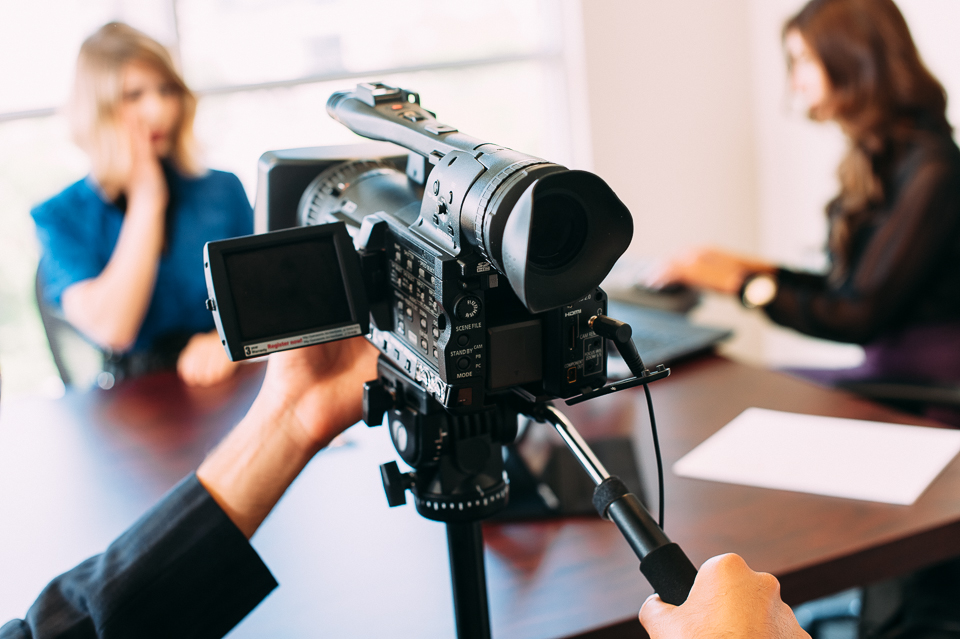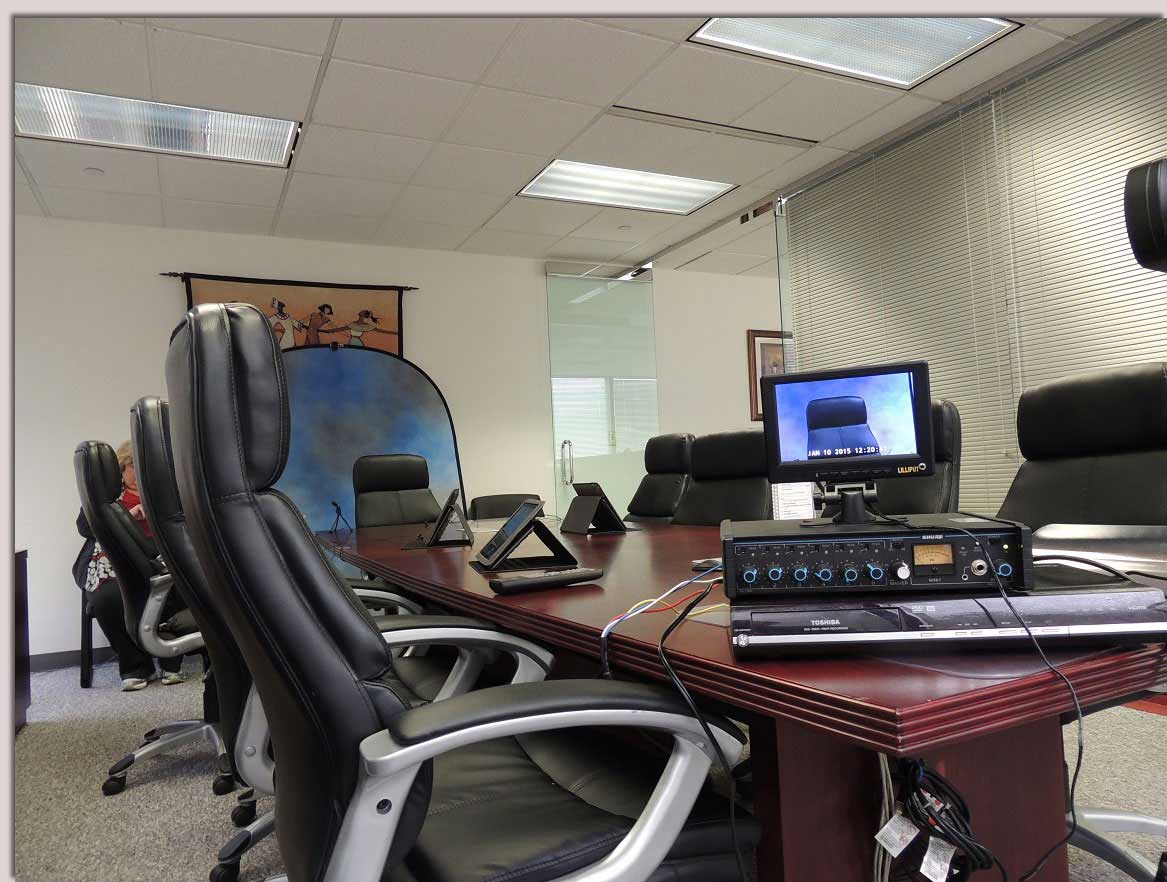High-Resolution Legal Videography for Essential Evidence Recording.
High-Resolution Legal Videography for Essential Evidence Recording.
Blog Article
The Role of Lawful Videography in Depositions and Trials
Lawful videography has emerged as a crucial tool in both depositions and tests, giving a multifaceted approach to documenting witness statements. As legal specialists progressively acknowledge its worth, it prompts a deeper evaluation of exactly how these aesthetic documents can affect juror assumptions and trial outcomes.
Importance of Lawful Videography
Lawful videography plays a pivotal function in the documentation and presentation of depositions and trials. This specific area incorporates technical skills with lawful knowledge to produce a trustworthy document of proceedings that can considerably affect situation outcomes. The appearance of legal videography boosts the understanding of witness testament, allowing jurors and judges to observe not only the talked words however additionally the attitude, emotions, and body movement of the witnesses.

The significance of lawful videography extends past the court room; it also plays a crucial role in protecting proof for future reference, whether for appeals or further lawful activity. Its combination right into the lawful process is essential for making sure a fair and accurate representation of the truths, eventually contributing to the pursuit of justice.

Process of Legal Videography
While catching the subtleties of depositions and trials, the process of legal videography entails numerous essential actions that ensure high-grade, accurate recordings. Initially, a professional lawful videographer prepares by reviewing the case materials and comprehending the certain requirements of the deposition or test. This preparation includes familiarizing themselves with the participants and the context, which assists in catching important details.
On the day of the recording, the videographer establishes the required devices, which typically includes high-definition electronic cameras, microphones, and correct lights. Making certain optimum angles and audio high quality is critical, as it directly affects the efficiency of the recording. The videographer interacts with attorneys and participants to establish methods, ensuring that everyone understands the recording procedure.
Throughout the deposition or trial, the videographer meticulously videotapes the procedures, paying attention to both spoken and non-verbal signs. legal videography. This consists of capturing the demeanor and responses of witnesses and attorneys. After the session ends, the videographer might edit the footage for quality and compliance with legal requirements, producing an end product that accurately reflects the process for future recommendation and use in lawful contexts
Advantages in Depositions
The incorporation of videography in depositions offers many advantages that improve the general process of collecting evidence. One key benefit is the ability to record witness statements with aesthetic and auditory integrity, supplying a more exact representation of the witness's demeanor, tone, and body movement. This multidimensional method permits attorneys and courts to examine trustworthiness more successfully than conventional written records alone.
Additionally, videographed depositions act as a powerful tool for protecting testament. Must a witness ended up being unavailable for test, their taped deposition can be played in link court, ensuring that their evidence continues to be available and appropriate. This aspect substantially lowers the risk of losing important information that can affect case end results.
Additionally, making use of lawful videography promotes much better prep work for lawyers. Reviewing video clip footage permits lawful teams to assess and fine-tune their strategies, recognizing strengths and weaknesses in their situations. This primary benefit can bring about more compelling discussions in court.
Lastly, videography boosts the general professionalism of the deposition procedure, instilling confidence in customers relating to the thoroughness of their lawful representation. By leveraging innovation, lawyers can dramatically boost the performance of depositions.
Influence On Tests
In lots of trials, the integration of videography can dramatically affect the discussion of proof and the jury's assumption. Lawful videography catches witness statements and important proof in a dynamic style, permitting jurors to engage with the material on several degrees. This visual element boosts the storytelling element of a trial, providing context and emotional vibration that typical text-based proof may do not have.
Additionally, video recordings can serve as effective tools for impeachment throughout cross-examination. When discrepancies emerge in between a witness's prior statements and their court room statement, video proof gives an objective reference that can persuade jurors' viewpoints. This immediacy and quality can strengthen the credibility of a celebration's narrative while simultaneously threatening opposing disagreements.
Additionally, using videography can assist simplify intricate information, making it a lot more accessible to jurors that might struggle to grasp intricate about his details provided solely with verbal statement. By combining visuals with auditory details, legal videography can improve retention and understanding, inevitably influencing the court's decision-making procedure. Therefore, the effect of videography in tests prolongs past mere appearances; it plays a vital role in shaping the lawful landscape and outcomes.
Future Trends in Legal Videography
As we look toward the future of lawful videography, a number of arising patterns assure to improve its duty within the court. One significant trend is the combination of fabricated intelligence (AI) in video evaluation and editing - legal videography. AI can simplify the procedure of identifying vital moments in taped depositions, allowing attorneys to quickly access appropriate content, thus boosting effectiveness in case prep work
Additionally, the surge of virtual reality (VIRTUAL REALITY) and increased truth (AR) technologies is anticipated to change exactly how jurors experience proof. By submersing jurors in a simulated atmosphere, these technologies can supply a more profound understanding of complex scenarios, bring about more educated considerations.

In addition, the boosting need for remote depositions, sped up by the COVID-19 pandemic, will likely continue. Lawful anonymous videographers will certainly require to adjust to brand-new software program and platforms to make sure top quality recordings in virtual settings.
Lastly, the growing focus on data safety and security will necessitate more stringent procedures for keeping and sharing video clip evidence. As the legal landscape progresses, legal videographers have to stay abreast of these patterns to preserve their relevance and effectiveness in the judicial process.

Final Thought
In summary, legal videography offers a vital function in the judicial procedure, improving the honesty of depositions and tests. By catching the nuances of witness statements, this medium not only maintains essential evidence however likewise help in offering info properly to jurors. The relevance of aesthetic documentation in assessing credibility and promoting interrogation can not be overemphasized. As technology proceeds to evolve, lawful videography is poised to additional transform its role within the legal landscape.
Report this page